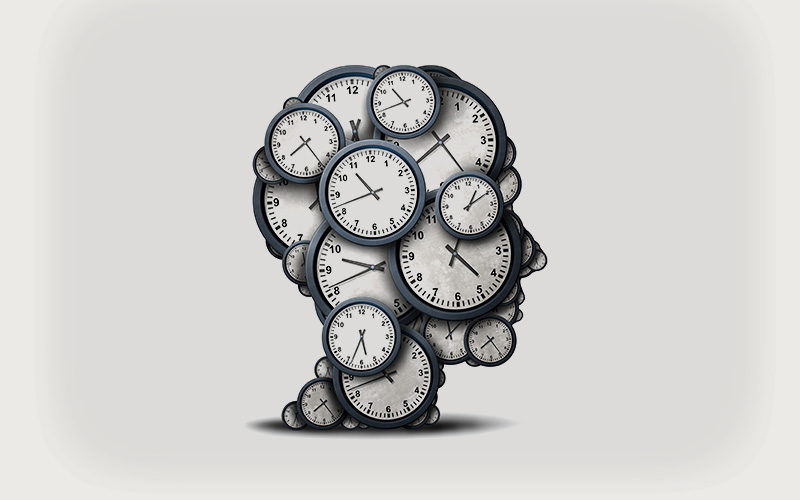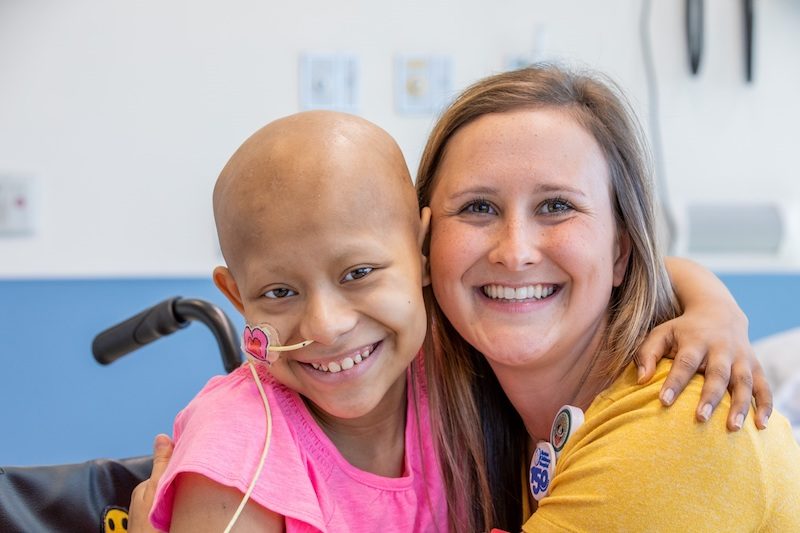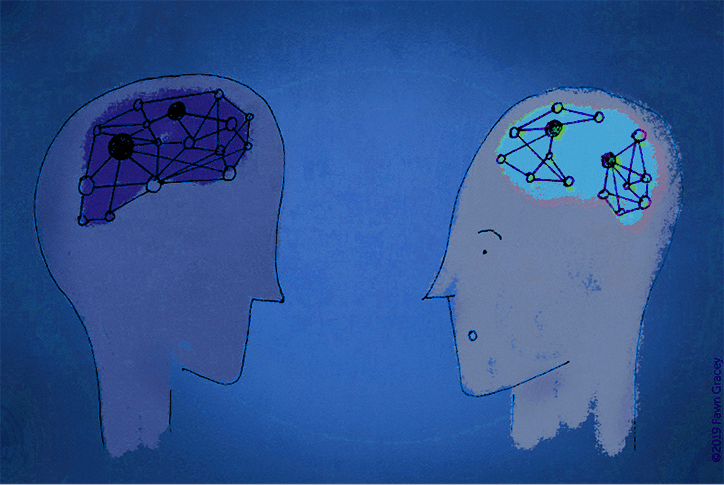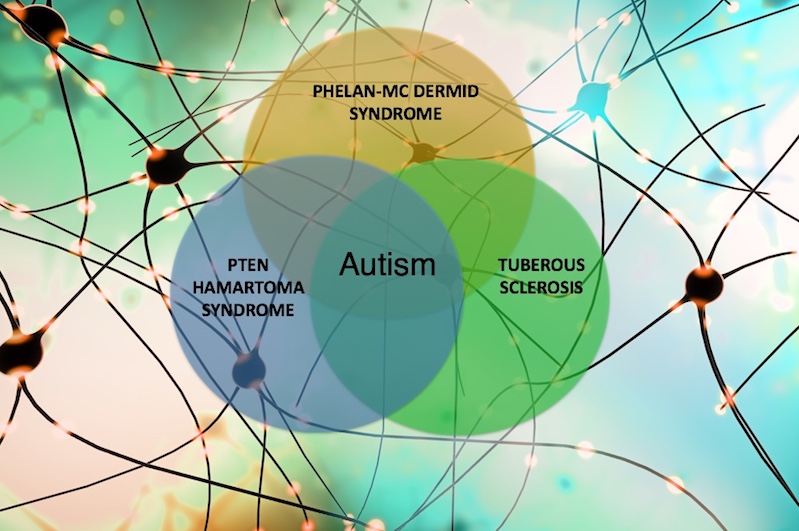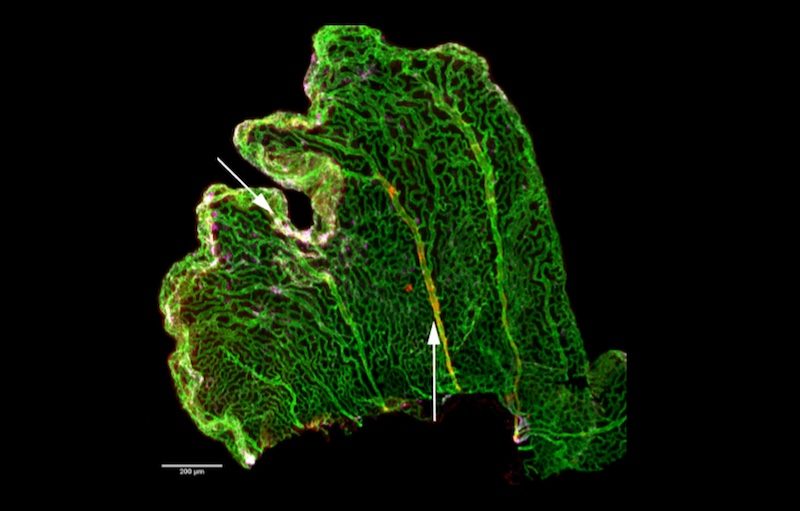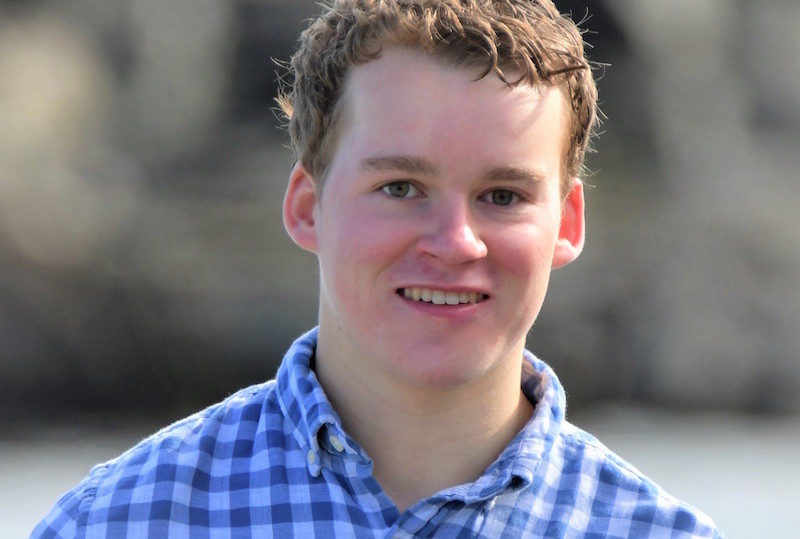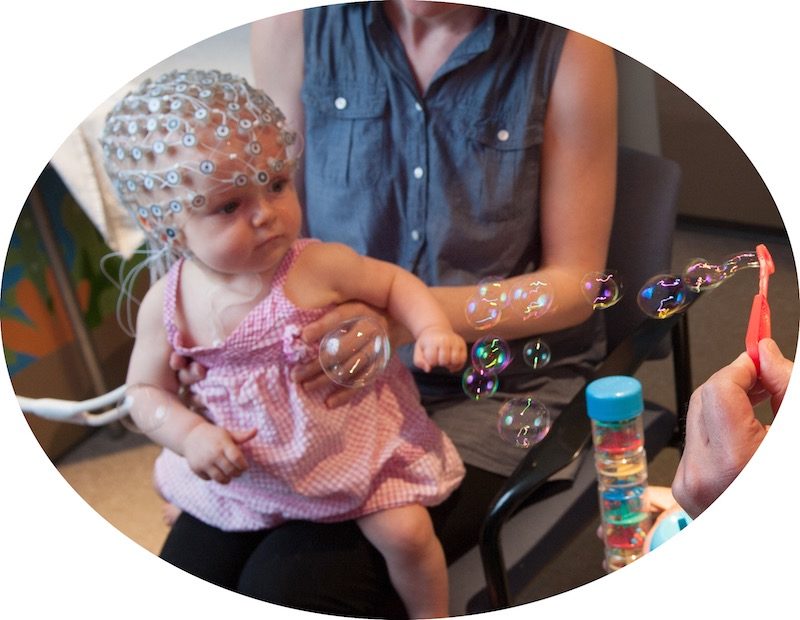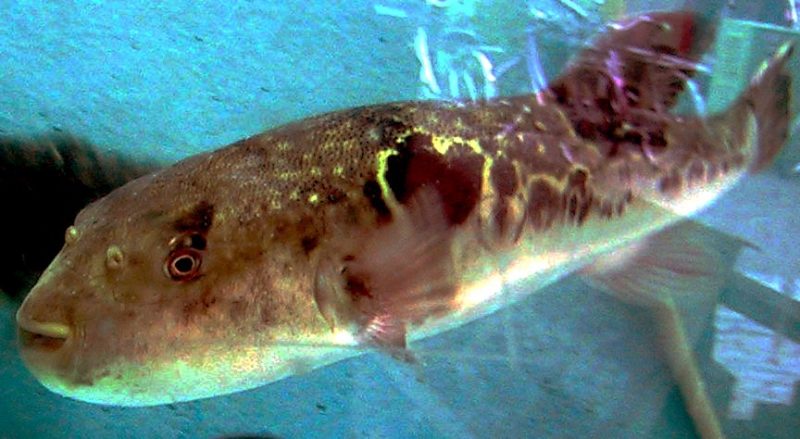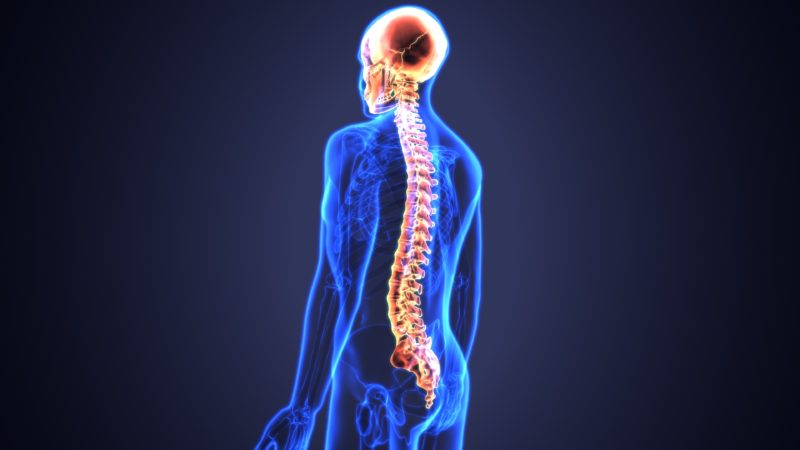Archive for neuroscience
Internal brain timers linked with motivation and behavior
Time can be measured in many ways: a watch, a sundial, or the body’s natural circadian rhythms. But what about the sexual behavior of a fruit fly? “If you ask a bunch of scientists whether animals can keep time, many would say they cannot, that things happen over time—but time itself is not measured,” says ... Read More about Internal brain timers linked with motivation and behavior
Tagged: neuroscience
Staff Spotlight: Meet Andrea Lerude
Andrea Lerude is a certified child life specialist on the inpatient neuroscience floor at Boston Children’s Hospital. She’s worked at Boston Children’s for more than five years. What does your job involve? As a child life specialist, I provide developmentally appropriate coping support to children in the hospital, in the form of play. Basically, I ... Read More about Staff Spotlight: Meet Andrea Lerude
Tagged: child life, epilepsy, neuroscience
‘Face blindness’ may represent a failed brain network — and could shed light on autism
People with prosopagnosia, or “face blindness,” have trouble recognizing faces — even those of close friends and family members. While some people can compensate by using clothing and other cues, face blindness often creates serious social problems. It often becomes apparent in early childhood, but, rarely, people can acquire face blindness later in life after ... Read More about ‘Face blindness’ may represent a failed brain network — and could shed light on autism
Two neuroscience rock stars elected to the National Academy of Medicine
Beth Stevens, PhD, and Elizabeth Engle, MD, are the latest Boston Children’s Hospital researchers to be elected to the prestigious National Academy of Medicine. Their election, together with Daphne Haas-Kogan, MD, brings Boston Children’s total number of current NAM members to 22. Both scientists hail from the F.M. Kirby Neurobiology Center at Boston Children’s and are ... Read More about Two neuroscience rock stars elected to the National Academy of Medicine
Tagged: neurology, neuroscience, ophthalmology
Exploring autism by way of three rare genetic disorders
Rajna Filip-Dhima, MS is a senior project manager for the Translational Neuroscience Center at Boston Children’s Hospital and for the Developmental Synaptopathies Consortium, which just received a new cycle of NIH funding. Autism spectrum disorder (ASD) is now believed to affect 1 in 59 children in the U.S. Over the past five years, Boston Children’s Hospital ... Read More about Exploring autism by way of three rare genetic disorders
Exploring an unsung part of the brain: the choroid plexus
If you’ve never heard of the choroid plexus, you’re not alone. In fact, few neuroscientists know much about this part of the brain. In the words of the late comedian Rodney Dangerfield, the choroid plexus “don’t get no respect.” But that’s beginning to change, thanks in part to Maria Lehtinen, PhD, who has made the ... Read More about Exploring an unsung part of the brain: the choroid plexus
Tagged: genetics and genomics, hydrocephalus, neuroscience
Back from the brink: How Boston Children’s saved my life
I was first rushed to Boston Children’s Hospital on my very first night of summer vacation in June 2015. I had been at an eighth-grade graduation party when a brain aneurysm caused by an AVM (arteriovenous malformation) ruptured. All the blood and swelling in my head generated the worst headache I had ever felt. I ... Read More about Back from the brink: How Boston Children’s saved my life
Babies’ EEG patterns predict whether they will develop autism
Signs of autism spectrum disorder (ASD) typically start to become apparent only in a child’s second year of life or later, but earlier identification could allow children to receive interventions as babies, when they have greater brain plasticity and thus may receive more benefit. A new study in Nature Communications finds that periodic EEGs in ... Read More about Babies’ EEG patterns predict whether they will develop autism
Opioid alternative? Taming tetrodotoxin for precise painkilling
Opioids remain a mainstay of treatment for chronic and surgical pain, despite their side effects and risk for addiction and overdose. While conventional local anesthetics block pain very effectively, they wear off quickly and can affect the heart and brain. Now, a study in rats offers up a possible alternative, involving an otherwise lethal pufferfish ... Read More about Opioid alternative? Taming tetrodotoxin for precise painkilling
Tagged: biomaterials and drug delivery, neuroscience, pain, surgery, toxins
Discoveries promise new strides for spinal cord injury patients
When neurobiologist Clifford Woolf, MB, BCh, PhD, began investigating potential treatments for spinal cord injury more than 30 years ago at University College London, he had mixed feelings about accepting funding for the research. “To be honest, the prospect that something could realistically make an impact on spinal cord injury in my lifetime seemed like ... Read More about Discoveries promise new strides for spinal cord injury patients
Tagged: neurology, neuroscience, spinal cord injury


